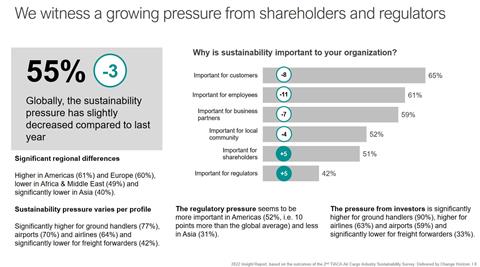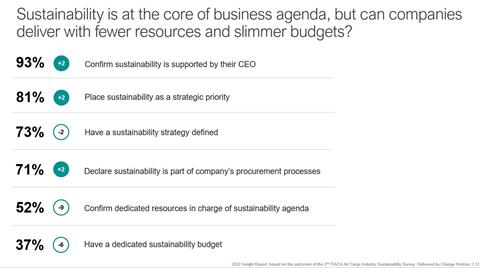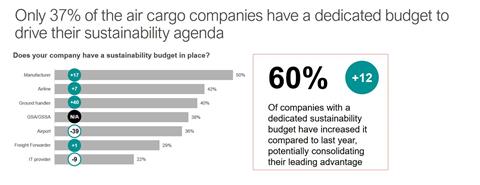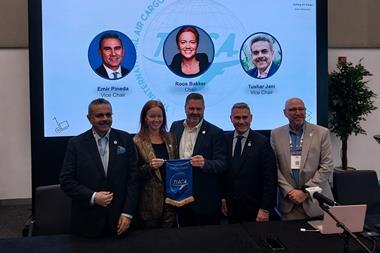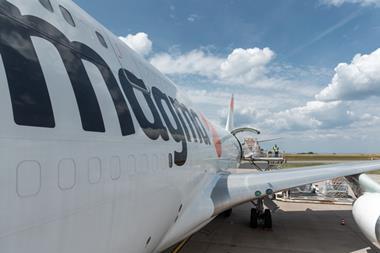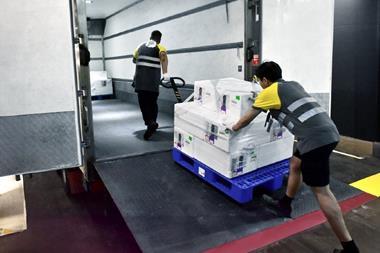Air cargo supply chain companies are ramping up their focus on sustainability but there is a "long way to go" as resources remain scarce, according to TIACA's latest sustainability survey.
The latest annual TIACA Air Cargo Industry Sustainability Survey, organised in conjunction with consultancy Change Horizon, revealed that 55% of the 204 respondents said that the pressure to invest in sustainability had increased in 2021 compared with a year ago, although this is three percentage points down on the previous survey.
The drivers for being sustainable are also changing with its importance to customers, employees, business partners and local community decreasing slightly, while importance to shareholders and regulators was on the rise (see charts below).
Other key findings in the survey were that 85% of respondents felt that Covid-19 had a positive or neutral impact on the industry's sustainability agenda and 73% declared they have a sustainability strategy in place.
However, "only" 52% (down nine percentage points compared to 2021) have at least one dedicated person in charge of delivering the sustainability agenda and just 37% (-6 percentage points v 2021) have a specific budget.
Also, 60% of the companies confirming they have a dedicated sustainability budget said this had increased on the previous year but "only" 50% of corporates in the air cargo industry share their sustainability performance externally, which TIACA said is well below the global trend of 80% of companies worldwide.
TIACA director general Glyn Hughes said: "The second TIACA Air Cargo Sustainability Report confirms the industry is ramping up its action to run business in a way that does not degrade the environment and brings benefits to society.
"However, while the leadership is now paying attention to the sustainability agenda, there is still a long way to go as the resources and budgets to push it forward are still very scarce.
"The pressures on this industry to prioritize sustainability are ever increasing as customers, employees, business partners, and increasingly, investors and regulators are asking air cargo businesses for their sustainability credentials."
On sustainable aviation fuels (SAF), while less than a third of respondents are actively involved in SAF deployment, a "striking third feel it doesn't apply to them".
TIACA urges all air cargo businesses to set up concrete targets to accelerate their sustainability transformation; measure progress made by collecting data and facts regularly; communicate on achievements with transparency; and get recognised for the progress made by embarking on TIACA’s Sustainability Assessment, Validation and Verification Programme, currently under development.
